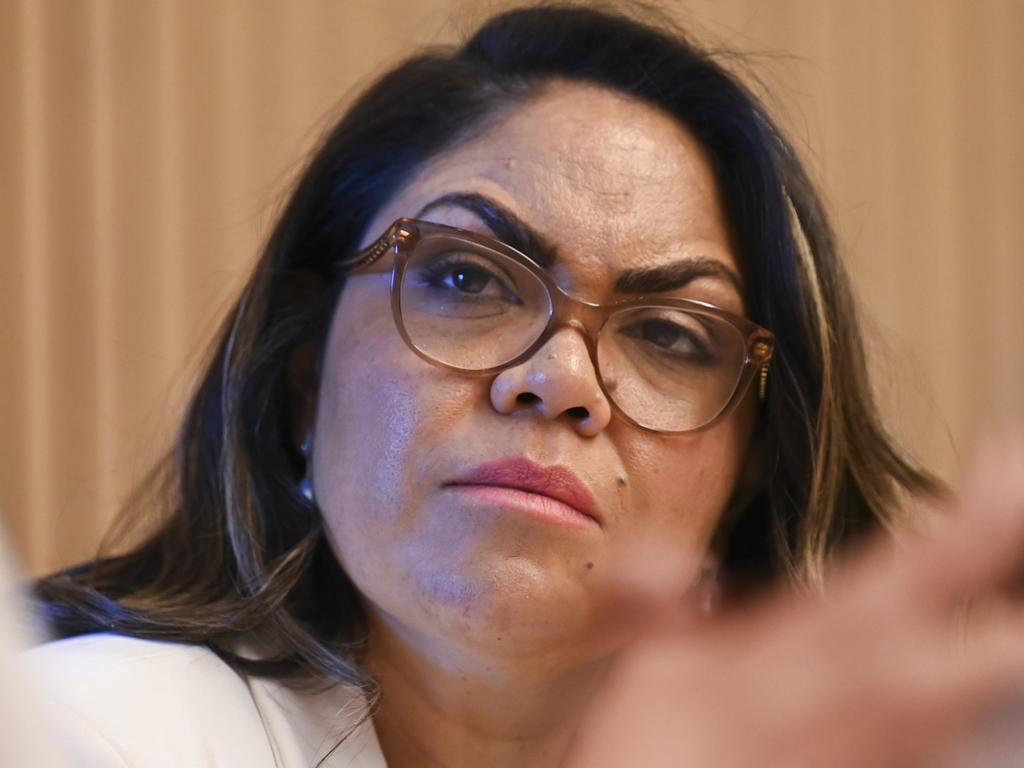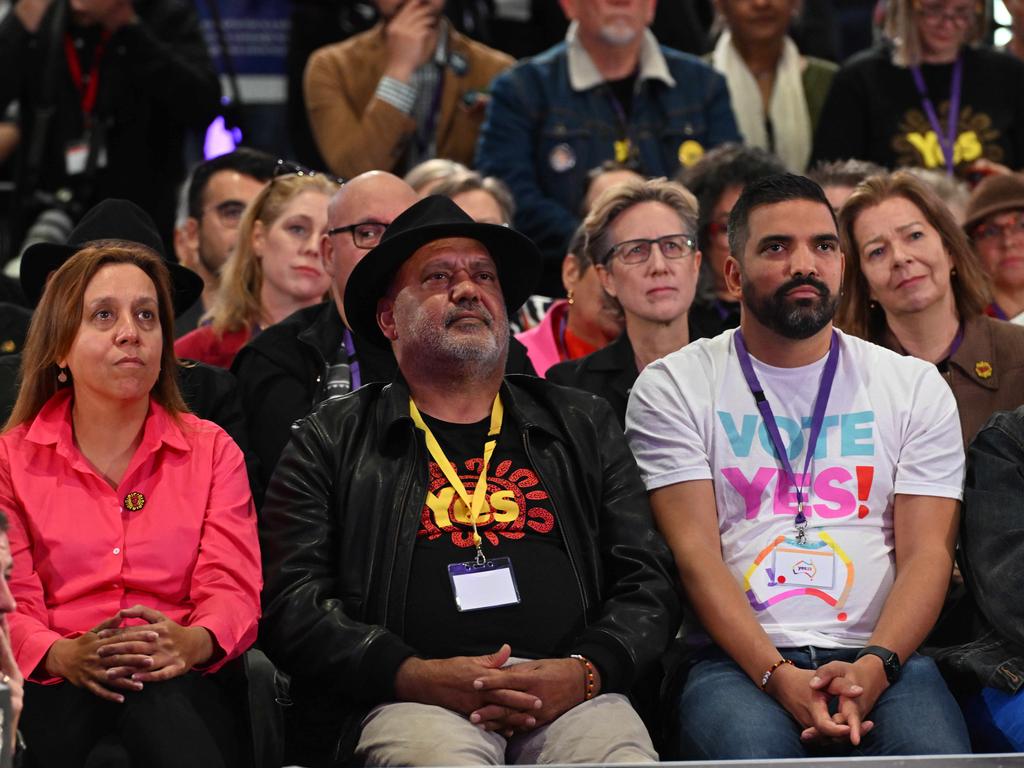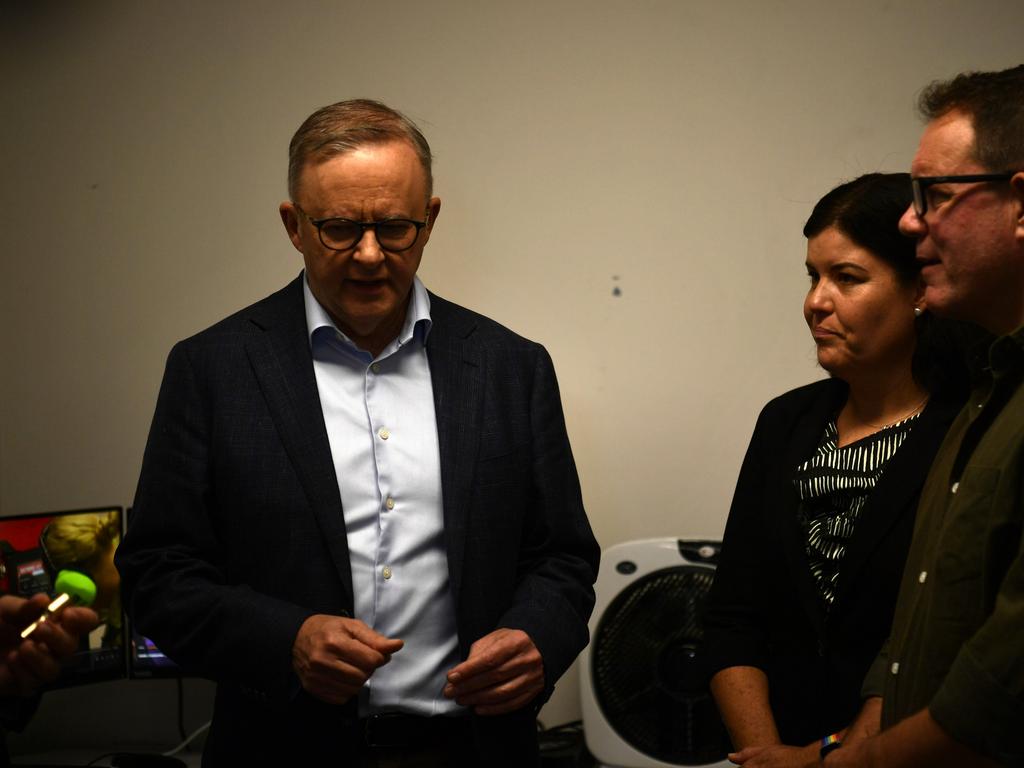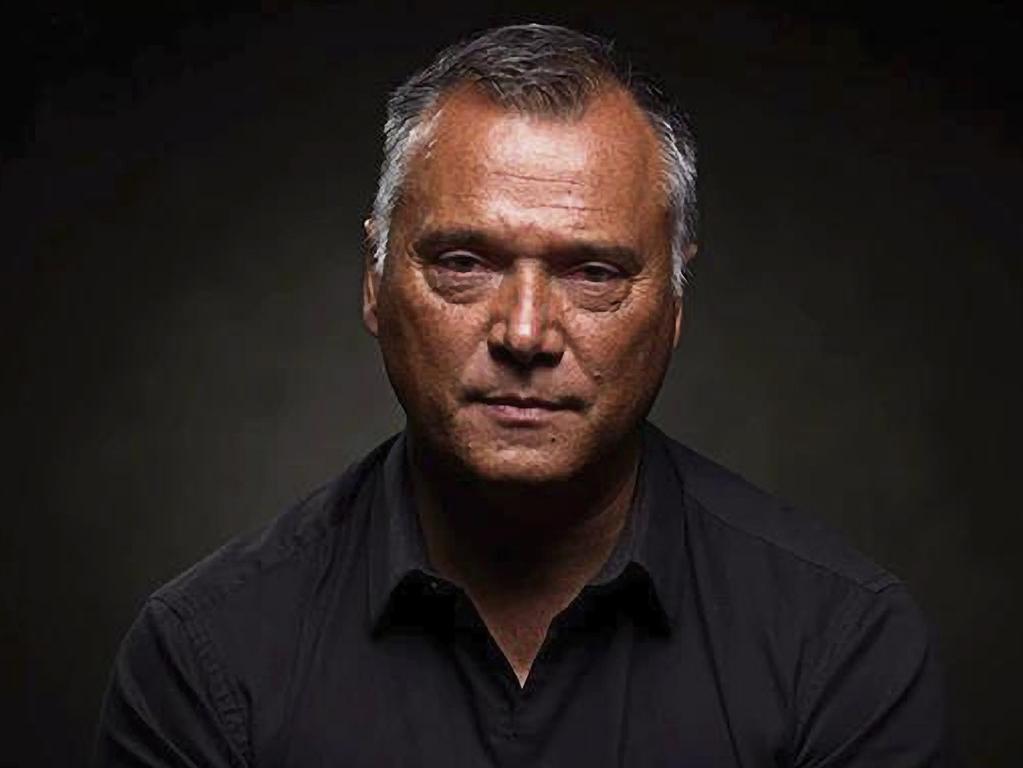Time for a new generation of Indigenous leaders to step up


Yet the last day of 2023 was full of the same old complaints by the same old people. Noel Pearson was reported as complaining that Indigenous affairs were in a worse state than before the October 14 referendum vote. Liberals for Yes leader Sean Gordon complained that neither side of politics had offered a viable alternative to a voice to parliament.
Pearson’s admission in the last throes of the failed campaign that there was no plan B should be seen as an opportunity to make a fresh start in 2024. An opportunity to break from the policies and philosophies that brought us the desperate failure of the voice.
And if that means breaking with some of the people wedded to those policies and philosophies, so be it. The voice was the high-water mark of a philosophy of grievance and separatism fostered by leading Indigenous and non-Indigenous thinkers. Its comprehensive rejection gives us the chance to start again with a positive and empowering approach to Indigenous affairs. But to do so, the leaders who won’t shift from that philosophy will need to stand aside for new blood so their failed ideas can be relegated to history.
Pearson was responsible for groundbreaking, important work in Indigenous communities many years ago.
His most recent work on the voice has not been his finest. With apologies to Gough Whitlam, it’s time for him and others such as Marcia Langton, Megan Davis, Gordon and Thomas Mayo to hand over to a new generation of emerging Indigenous leaders. They bet the house on red and lost. It’s time for them to promote their successors. Pearson promised as much when he told the ABC’s 7.30 report on February 20, 2023, that if the voice referendum fails he “Will fall silent. That will be the end of it”. Even more pointedly he told 7.30 that “if the advocacy of that pathway fails well then a whole generation of leadership will have failed … It will be up to a new generation to chart a new course”.
But Pearson and company must not just hand over to successors with the same failed approaches, but a new generation with new ideas.
Foremost among these, of course, is Jacinta Nampijinpa Price. Price not only has – to borrow a dreaded term – lived experience of the challenge Indigenous people face but a coherent and considered philosophy for change.

Her emphasis on individual rights, freedoms and responsibilities is not merely liberal to the core but empowering. Seeing Indigenous policy through the prism of victimhood, grievance and separatism disempowers individuals and justifies the collectivist approaches that have failed everywhere they have been tried.
Price is not the only one we should turn to. Nyunggai Warren Mundine, Anthony Dillon and Kerrynne Liddle are Indigenous leaders of a new and promising stamp. They offer a sense of hope – a sense the failed policies of the past don’t need to determine the future.
This is not to underestimate the difficulties of ensuring Indigenous Australians get the equality of opportunities we expect for non-Indigenous Australians. Nor is it to substitute one new magic bullet for a magic bullet that has manifestly failed. Shared work, determination and investment are required.
However, Australians are manifestly happy to support that effort. What they are not prepared to do is to continue the divisive and failed policies embodied by the voice. No more separatism, no more separate categories of Australians with permanently entrenched special rights.
Practical solutions rather than rights-based agendas will be the way forward. So, universities that genuinely care about Indigenous advancement should disband those corners of our law schools that continue to promulgate an Australian equivalent of the radical critical race theories seen in some US universities.

Australia is a single sovereign state and suffers no crisis of legitimacy. The deluded extremists in the halls of academe should find some other windmill to tilt at.
Similarly, we will need symbols and rituals of unity, not division. It is nonsense for Australians to be welcomed to their own country – as if it belongs to someone else – and claims of ownership or custody of land made in order to ground reparations are equally nonsensical.
Indeed, since the key elements of any treaty – acknowledgment of sovereignty, grants of self-government and reparations – are anathema to ordinary Australians, we need to stop talking about treaty and find a path to individual empowerment for individual Indigenous people.
The ABC, Qantas and the like should stop telling us that parts of Australia belong to certain collective subgroups of Australians.
While we can’t stop Lidia Thorpe claiming Australia belongs to her and her kin, not to those of us who do actually appear on the certificate of title, our great institutions should not contribute to this divisiveness.
Last year also taught us that Australians don’t appreciate being told they are racist simply for disagreeing with an agenda, especially by people seeking race-based preferences. In 2024 we should treat use of that word the same way we treat the use of the word Nazi – use of the word is immediate acknowledgment that the user has lost whatever argument they were trying to make.

This year should be the year of celebrating individual merit, not membership of a collective. To borrow from Martin Luther King, success or failure, the grant of privileges or the administration of punishments, should all depend on the content of one’s character, not on skin colour or indeed membership of any other collective.
Aiming for positive, uplifting and unifying symbols, not finding division or victimhood wherever one can, would make 2024 radically different from, and better than, 2023. That is why those who led us to the disasters of 2023 should stand aside and let the next generation try a brand-new way.
That may sound radical in these days of identity politics, critical race theory and gender or race-based policy. However, it isn’t really. It is no more than a return to classic liberal beliefs about the rights and freedoms, obligations and responsibilities, of individuals.







The last thing we should do in the new year is continue with Indigenous policies that the past year proved to be hopeless and divisive failures.